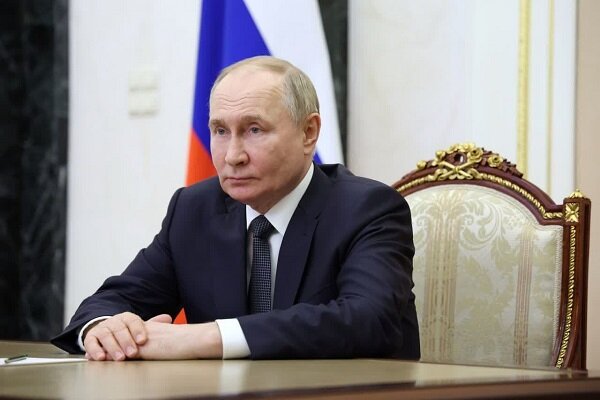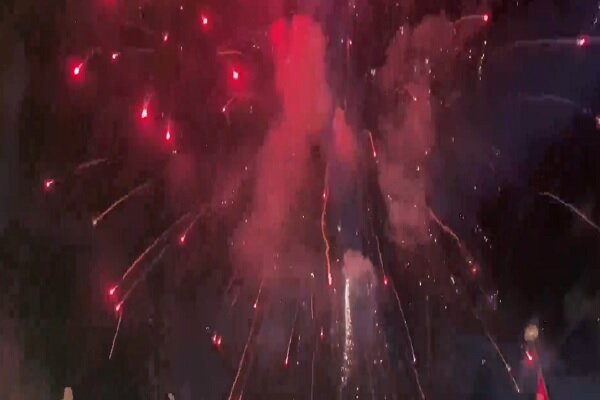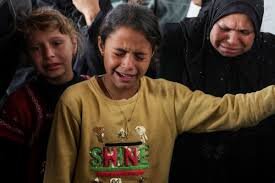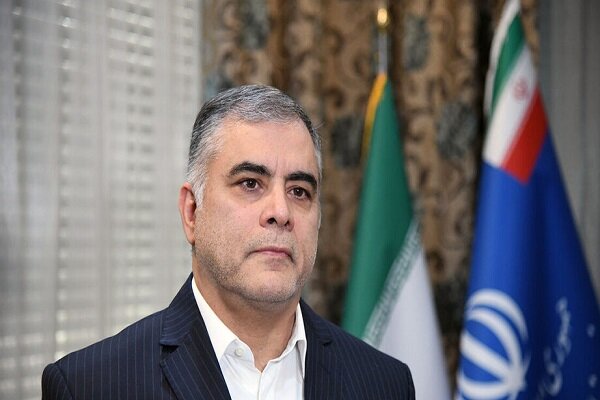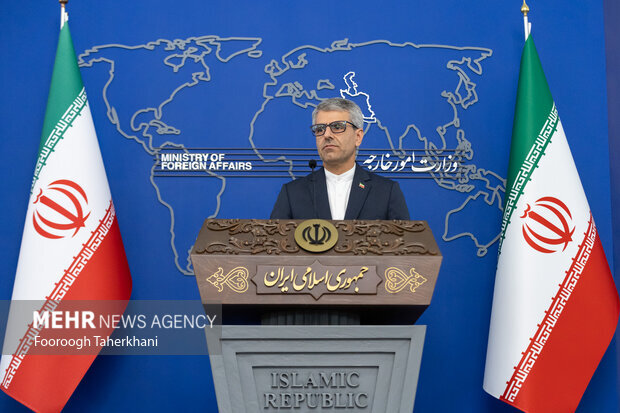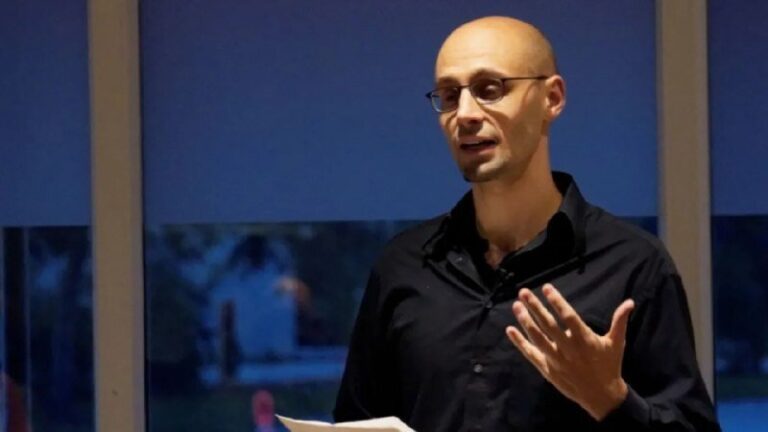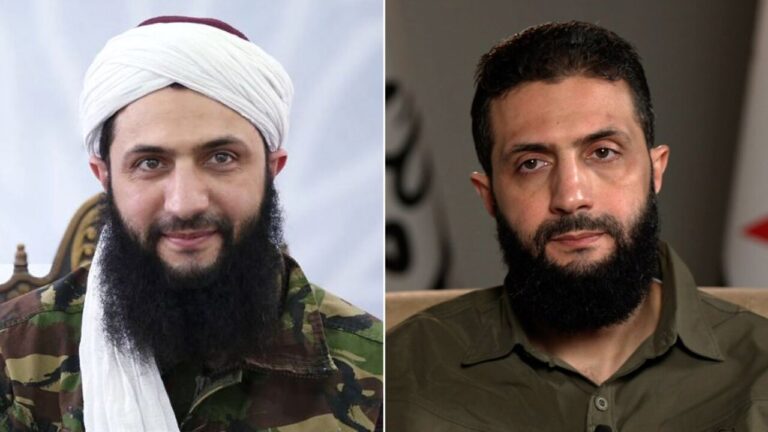Putin Backs Ukraine Ceasefire but Signals Possible Call to Trump for Support
In a significant development regarding the ongoing conflict in Ukraine, President Vladimir Putin announced that Russia is open to a ceasefire, albeit with certain conditions that Ukraine must meet before a formal agreement can be established. This statement comes amidst a backdrop of rising tensions and diplomatic negotiations involving key global leaders.
During a press conference on Thursday, Putin stated, “We agree with the proposals to stop the hostilities.” He indicated that while Russia is amenable to a pause in fighting, there are critical issues that require discussion. He also hinted at the possibility of a phone call with former President Donald Trump to further explore these matters.
In response, Trump characterized Putin’s remarks as “a promising statement,” expressing hope that Russia would agree to a ceasefire. Speaking from the Oval Office during a meeting with NATO chief Mark Rutte, Trump emphasized the importance of “serious discussions” involving Putin and other leaders. When asked about the potential for a meeting with Putin, Trump replied, “I’d love to meet with him and talk to him.”
As diplomatic efforts intensify, Trump’s envoy, Steve Witkoff, arrived in Moscow on Thursday with plans to meet with Putin. The Russian leader has previously voiced concerns that a temporary ceasefire, proposed by the U.S. and Ukraine, could allow Ukrainian forces to regroup, raising questions about who would monitor and enforce such a truce.
Putin’s long-standing demands for a resolution to the conflict include:
- Ukraine’s withdrawal from regions occupied by Russian forces.
- A commitment from Ukraine never to join NATO.
- Protection for Russian culture and language within Ukraine.
Earlier in the day, during a visit to the front lines, Putin urged his troops to secure a quick and decisive victory. His statement marked Moscow’s initial public reaction to a proposed 30-day ceasefire plan outlined by Secretary of State Marco Rubio and his Ukrainian counterparts in Saudi Arabia.
In a further indication of Russia’s stance, Putin’s foreign policy adviser, Yuri Ushakov, dismissed the ceasefire plan as merely a temporary respite for Ukrainian military forces. He stated, “Steps that imitate peaceful actions, it seems to me, are of no use to anyone,” and emphasized the need for a long-term peace settlement that addresses Russia’s legitimate interests.
Putin, who was seen in military fatigues during his visit to Kursk—an area partially occupied by Ukrainian troops—expressed confidence in regaining control over the region. The Russian Defense Ministry announced the recapture of Sudzha, the largest settlement previously held by Ukrainian forces, leading Putin to declare, “Our task in the near future, in the shortest possible time frame, is to decisively defeat the enemy entrenched in the Kursk region.”
Kremlin spokesman Dmitry Peskov assured the media that the Kursk region would be liberated soon enough.
Meanwhile, Rubio is expected to address the ongoing conflict during his meeting with top diplomats at the Group of Seven (G-7) summit in Quebec City, an event that could be overshadowed by Trump’s controversial remarks about potentially taking over Canada.
In a series of behind-the-scenes discussions, American and Russian officials have been negotiating, with Trump dispatching Witkoff to Moscow while simultaneously threatening sanctions against the Kremlin. Trump stated, “I can do things financially that would be very bad for Russia,” but he expressed a desire for peace rather than conflict.
Despite this, Trump has requested few concessions from the Kremlin, suggesting that Ukraine may have to accept many of Putin’s demands. The interim ceasefire proposal has garnered support from European leaders, yet Ukrainian President Volodymyr Zelenskyy cautioned about Russia’s track record of violating agreements. He remarked, “The key is our partners’ ability to ensure that Russia is ready not to deceive, but to truly end the war.”
Ukrainian officials and citizens are advocating for peace, but they stress the importance of security guarantees to prevent future attacks from Russia. “I think 99% of Ukrainians want the war to end in a fair way,” stated Vitaliy Kim, governor of Mykolaiv oblast. He emphasized the need for assurances that conflict will not resume in the coming years.
In Mykolaiv, public sentiment reflects skepticism towards Trump’s diplomatic approach. Yuriy, a construction worker, expressed frustration, stating, “It’s like a young child’s tricks… I think my daughter is acting in her 1-month life better than Trump in his 70-plus years.”
One nation taking no chances is Poland, which has increased its defense spending to 4.7% this year and remains one of Russia’s most vocal critics. Polish President Andrzej Duda has called for the U.S. to relocate American nuclear weapons from Western Europe to Poland, stating, “There should also be a shift of the NATO infrastructure east.”
As the situation unfolds, the international community watches closely, hoping for a resolution that brings lasting peace to the region while addressing the legitimate concerns of all parties involved.
